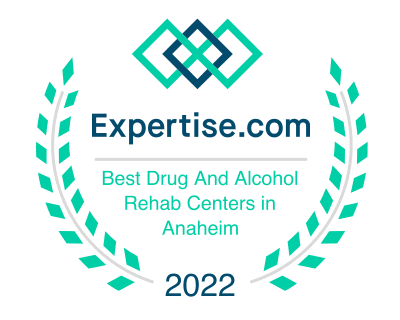Addiction stigma is an issue that affects many people, but especially those with mental health conditions and substance use disorders.
We understand that addiction is a complex brain disorder that directly affects the nervous system. However, society continues to view people suffering from substance abuse as criminals, inadequate, and in many ways, morally weak. For those reasons and many more, people do not seek treatment. They remain actively abusing drugs or alcohol while feeling guilt and shame.
Untreated drug and alcohol abuse leads to tens of thousands of deaths every year in the United States. Those who are lucky to survive the physical effects of addiction usually suffer extraordinary damage to all other areas of their lives, including family, professional, and social. Divorce, job loss, and loss of custody of children are just a few of the consequences that can result from drug addiction.
Importance of Medical Care
As a society with means, we can do more, and we certainly can do much better to end addiction stigma. Presently, there are effective detoxification treatments for opioid and alcohol use disorders being offered in hospitals. This type of medically assisted detoxification could prevent a significant number of deaths and overall suffering. Medical detox is not utilized widely enough, nor is it even considered the standard of care. Furthermore, the few treatment centers that do offer it cannot make it financially possible for most individuals who need it. One of the main reasons medical detoxification is still a rare option is primarily due to the cost of individual and responsible medical care. Additionally, the lack of understanding of the medical and addiction communities is quite common.
Most healthcare providers who treat patients suffering from drug or alcohol problems see the condition as a fault of their own. The presence of addiction stigma and lack of understanding by healthcare providers often leads to substandard or even rejection of care.
Often, a patient will first confide in their family physician or primary care providers. The response they receive will dictate their likelihood of pursuing help. A negative response will usually leave the patient feeling shameful and hopeless. This only perpetuates drug abuse and the risk of overdose or death.
Emergency Rooms Fall Short for Addicted Patients
Another example of an all too familiar missed opportunity of saving someone’s life is emergency departments. The ER staff in most hospitals aren’t adequately trained to recognize or understand the needs of those who suffer from addiction issues.
The unconscious stigma by healthcare workers can lead to the denial of treatment for those who need it the most.
Healthcare workers can become suspicious and dismissive of those suffering from addiction. Consequently, they miss clear signs of physical distress and the chance to truly change someone’s path and save a life. The continued denial of proper care and the humiliating experience often felt by those seeking help, frequently leads to an even more intense drug and alcohol abuse.
Furthermore, the already overcrowded hospitals sometimes have to choose between those they can immediately help or those needing more comprehensive and complex assistance due to limited space, personnel, and resources. That means healthcare providers often don’t prioritize those with addiction or mental health issues due to the complexity of their needs. The results of this lack of available and immediate care are nothing less than tragic.
Need for Change in the Addiction Field
Ending the Stigma of Addiction
It is time that we change our system. It is also time to change how we view and treat those suffering from substance abuse issues. The first step must be education – you cannot expect people to fix issues they don’t understand. Education must start with the public, followed by schools and professionals.
Understanding the true meaning of addiction does not suffice. It’s crucial for the healing process that those affected directly or indirectly have a clear understanding of the physiological components.
Those suffering from addiction are likely struggling with mental and physical health issues. Additionally, changes in behavior and personality can affect all of those around them.
Making Medically Assisted Detox Available for All
Although other forms of substance abuse treatments can show promising results, medically assisted detoxification should be widely available. More importantly, medical detox should be available to those who need it and not just those who can get it. Health care professionals from physicians to hospital staff need to adequately receive comprehensive training to care for people with substance use disorders. Treating patients effectively, with dignity and compassion, can be the first step.
The second step should be the assurance that the treating physician has a clear understanding and recognition of the brain changes that occur with substance abuse. Understanding that changes to the brain’s reward and judgment areas substantially influence factors beyond the individual’s control can help the physician effectively respond to patients’ behavior during treatment.
But more importantly, every one of us deserves a fair chance of healing; A chance to be free of the chains of drug dependence. To achieve that goal, the best option is a medically assisted detox. The treatment should occur in a hospital by doctors, nurses, and, more importantly, without any pre-established judgment.
Those suffering from substance use disorders deserve the same kindness, respect, and medical care as those seeking help for other illnesses.







